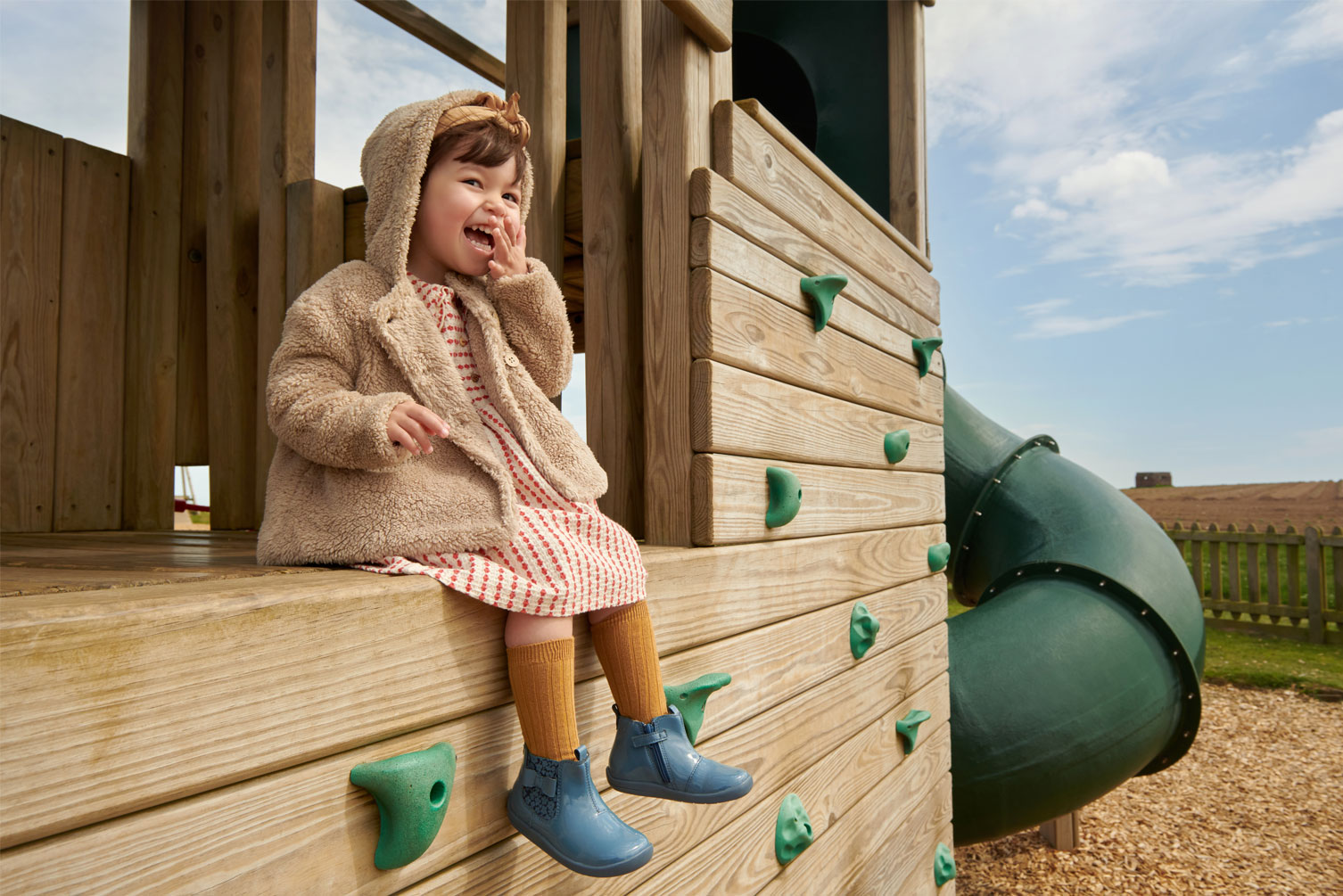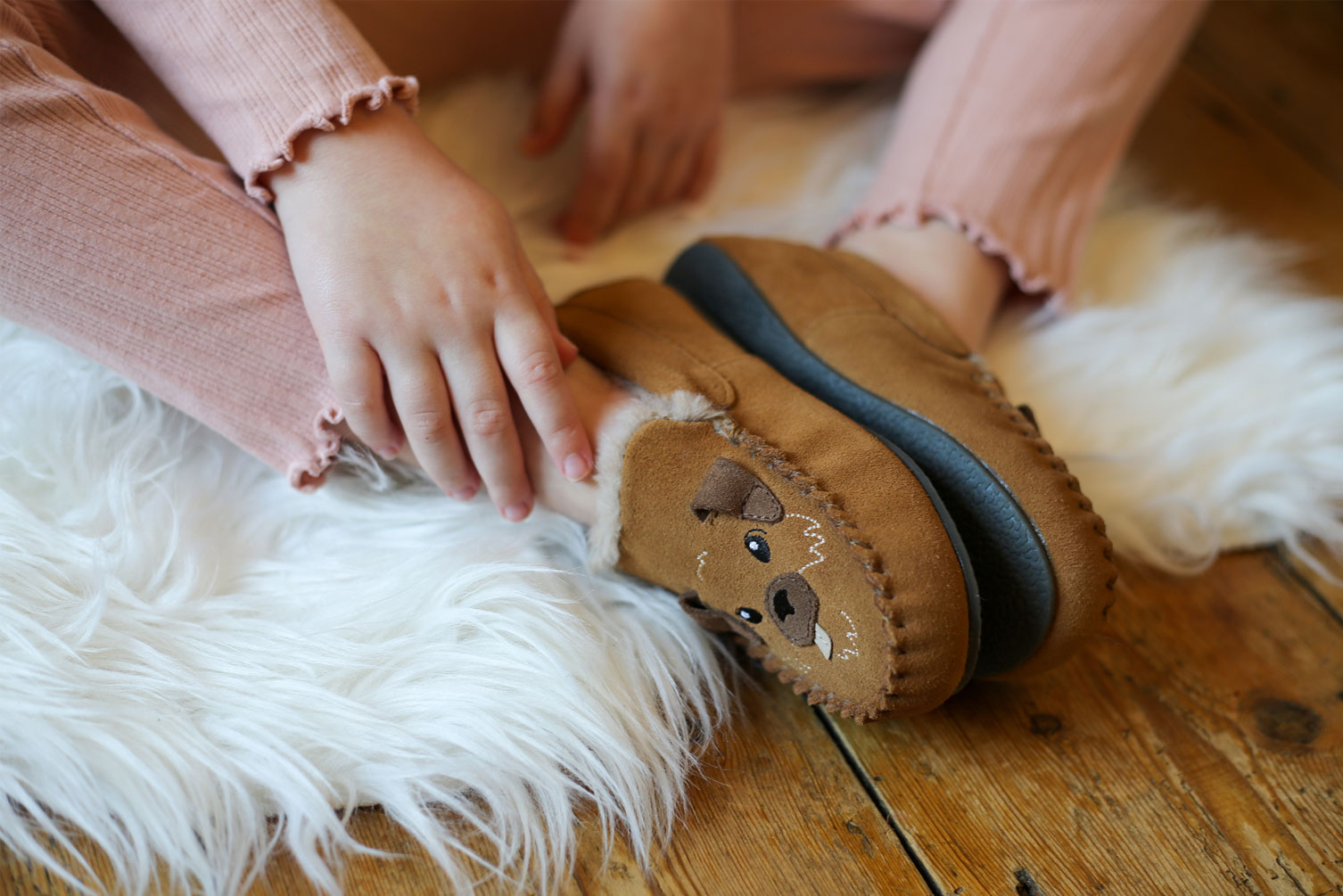
We all like to smell nice and the scent of our shoes is no exception to this, but it’s not always easy to keep them smelling fresh. It’s a fact of life that feet sweat. Did you know we have a staggering 250,000 sweat glands in our feet alone? Once this sweat gets trapped in shoes, it can lead to an unpleasant odour, but there are steps we can take to help.
Here’s our top tips to make shoes smell better.
1. Wash your shoes regularly
All shoes should be cleaned regularly but you need to pay careful attention to the material to make sure they’re cared for in the best way to avoid damage. We don’t recommend putting leather shoes in the washing machine, so clean these by hand to protect the shoes. Use a soft brush to remove and dirt and then wipe over with a damp cloth with just water. You can then use a polish to shine them up and protect them from the elements. If you check the care instructions of your shoes, you will find some are suitable for the washing machine, like our canvas shoes.
2. Use an odour neutraliser
To clean up the scent of the inside of your shoes, an odour neutraliser is a great way to help. You can buy a range of sprays that you use inside the shoe and some that go directly onto the feet to help stop odours occurring. A classic and low cost fix that you may already have in your store cupboard is baking soda. Sprinkle it into the inside of the shoes and give them a shake to distribute it all round, then leave overnight or 24 hours if you can. Once you’re ready, tip any excess into the bin and you’re good to go.
3. Dry your shoes between uses
Wet, even slightly damp, shoes are a top cause of bad smells. Moisture causes odour to develop pretty quickly, so it’s important to dry shoes properly every time they get wet. To protect the life of your shoes dry them in the quickest, yet gentlest way possible. The tumble dryer is not your friend when it comes to shoes! Dry shoes in front of a radiator during the colder months, but make sure you don’t put the shoes directly onto the radiator as overheating can damage the leather or shrink the shoe. Stuffing shoes with newspaper will absorb water but it does take a little longer. If you have a dehumidifier, turning this on close to the shoes can be a great way of helping to speed up drying time.
Before setting your shoes out to dry, remove the insoles and laces and open up the footwear as much as you can to get them dry faster.
4. Reduce the amount your feet sweat
If you can minimise the sweat produced by feet, then you’ll reduce the odour. Sounds simple, right? Well, it can be if you follow a few straightforward steps.
Firstly, always start with clean feet to reduce the bacteria that live off the sweat and cause foot odour. Wash feet thoroughly with soap and make sure they’re dry before putting on shoes. Socks are a must, as they can make a big difference to how much feet sweat. These little pieces of clothing work pretty hard for us. It’s estimated that socks will capture between five to eight gallons of sweat per year! So, make sure you change them after each wear.
If you can, opt for breathable socks to minimise sweating and for quick drying. And, if you need something further to reduce sweating, you can use a foot spray with an antiperspirant in. Speak to a pharmacist if you’re not clear which sprays are suitable for children.
Finally, make sure shoes are fitted properly and not too tight as this will only make sweat levels worse. For more information, take a look here at our guide on how to make your feet small better.
5. Replace the insoles
If over time you’ve tried all the top tips to stop shoes from smelling and you’re still finding the scent of your footwear unpleasant, then it’s time to replace the insoles. This is easily done, and an added bonus is the shoes may be more comfortable to wear afterwards if the insoles had been wearing down.

Slippers may be predominantly used indoors to keep our feet cosy and warm but that doesn’t make slippers immune to the effects of foot odour. It’s good practice to regularly wash slippers to keep them smelling fresh and minimise bacteria growth. Many slippers are made from cotton or soft synthetic materials, so it’s likely they can go in the washing machine on a gentle cycle. Make sure you check the labels for washing instructions to avoid the risk of damage. To avoid shrinkage, air dry naturally near the warmth of a radiator or outside on the washing line in nice weather.
Find further advice on how to care for your shoes >
Author: Vista, published 23-01-2023.